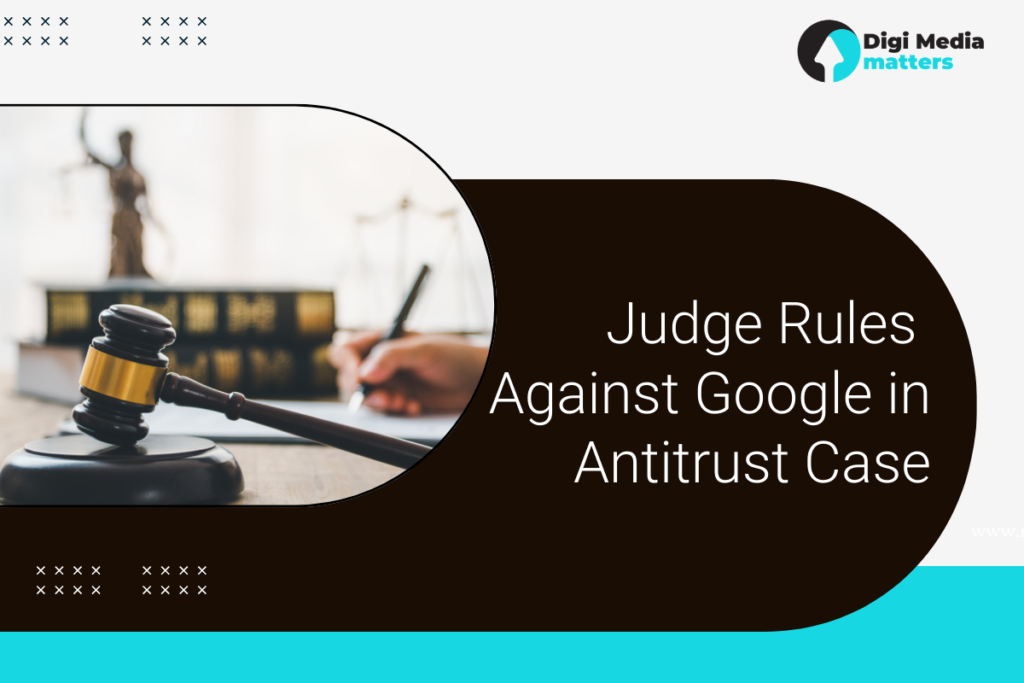
A federal judge has ruled that Google engaged in illegal monopolistic practices within the search and advertising markets. This ruling marks a significant victory for the Department of Justice and could set the stage for further scrutiny of tech giants.
Why This Matters
This ruling represents the first major legal victory in a series of antitrust cases targeting big tech companies in recent years. It sets a potential precedent for future legal actions against other technology behemoths like Amazon, Apple, and Meta. The case underscores the evolving interpretation of antitrust laws in the digital age and signals a more aggressive stance from U.S. regulators.
Key Details of the Ruling
Judge Mehta’s decision centers on Google’s breach of Section 2 of the Sherman Act, which prohibits monopolistic practices. The court focused on Google’s exclusive search agreements with Android and Apple devices, which the judge deemed anti-competitive. The decision highlights Google’s strategy of paying Apple approximately $20 billion to secure its default search engine status on iPhones, a practice that has significantly contributed to its dominance.
The Impact
Google’s monopoly in general search has expanded dramatically, increasing from about 80% in 2009 to a staggering 90% by 2020. While the current ruling addresses Google’s liability, it does not yet prescribe specific remedies. The court’s decision comes after a detailed 10-week trial last fall.
Advertisers and digital marketers should brace for potential long-term changes in how they approach online advertising and search engine strategies. Although immediate changes might not be on the horizon, the ruling could reshape the competitive landscape in the digital marketing realm.
Looking Ahead
Future proceedings will focus on determining the appropriate remedies to address Google’s monopolistic practices. Additionally, Google is set to face another DOJ trial on its ad tech business starting September 9th. The company intends to appeal against the recent ruling, contending that it provides the best search engine experience and should not be penalized for its prominence and accessibility.
What They’re Saying
Judge Mehta asserted in his decision, “Google is a monopolist, and it has acted as one to maintain its monopoly.” This statement underscores the court’s belief in the extent of Google’s market control.
The Other Side
In response, Google argued on X that its search engine’s success stems from its quality and accessibility rather than illegal practices. The company is adamant that its business model should not be penalized for offering a popular and preferred search engine.
The Bottom Line
This ruling is a significant setback for Google, but its full impact on the company’s business practices will unfold as the case progresses to the remedies phase. As the legal landscape evolves, stakeholders in the digital marketing and tech industries will closely monitor the developments.
For more insightful updates and expert analysis on major tech news, follow DigiMedia!.
